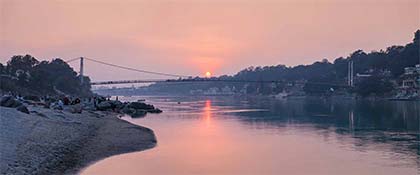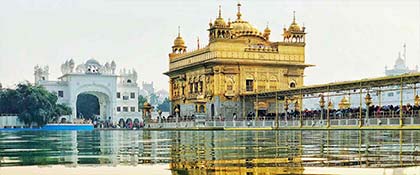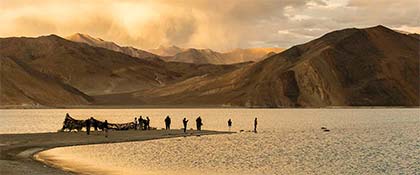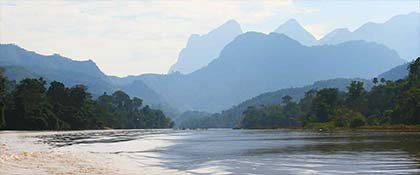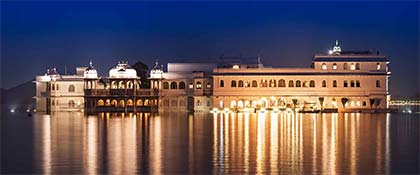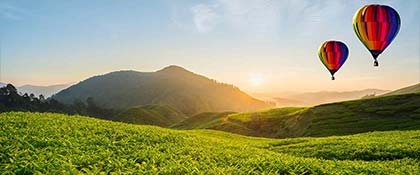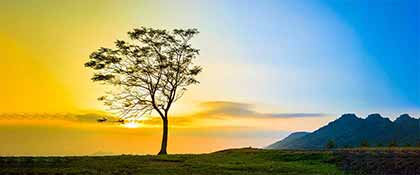
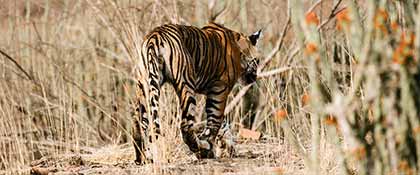
Top 5 National Parks in Rajasthan
Rajasthan – the grand abode of royal palaces, historic temples and ancient forts. No wonder this majestic state is always the key highlight of every tour itinerary to India. Ironically enough, the arid ‘desert state of India’, as it’s often called, is also home to a variety of flora and fauna. The wildlife sanctuaries of Rajasthan have earned the status of national parks and are a one-time experience for tourists.
Table of Content
- Ranthambore National Park
- Sariska National Park
- Keoladeo Ghana Bird Sanctuary
- Desert National Sanctuary
- Mount Abu Sanctuary
Ranthambore National Park
Undoubtedly the best national park in Rajasthan, this one always tops the list of must-visit places in the state. Nestled in the town of Sawai Madhopur, the park invites thousands of local, national and international tourists every year to witness the magnificence of wildlife here.
Major attractions – Tigers, leopards, cheetah, bear, hyena, Nilgai, and Sambhar deer
How to explore – The wild is sheltered by plenty of deciduous forests that are fun to explore on a jeep safari
The Best time to visit – October – April; you might be lucky to spot a tiger during summer here
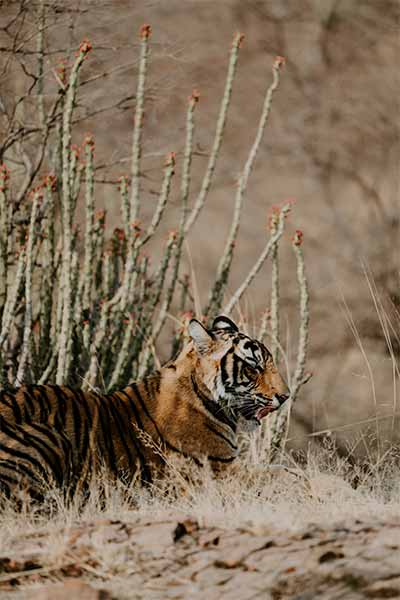
Ranthambore National Park
Sariska National Park
Situated in the Alwar district, Sariska has declared a Tiger Reserve in 1978. The park is the first-ever reserve that successfully relocated and rehabilitated the Royal Tiger of Bengal, which was once the pride of Sariska but is now headed towards extinction. Besides this prime attraction, the park is also a must-visit to see other fauna in their natural habitat.
Major attractions – Rhesus monkeys, hares, Chowsinghaa, Chinkara, wild boars, golden jackals, jungle cats, grey partridge, tree pie, bush quail, sand grouse, peafowl, and golden woodpecker
How to explore – Jeep Safari
The Best time to visit – October to March
Keoladeo Ghana Bird Sanctuary
This one is all for all those bird lovers who find amazing solace in the company of chirping birds. The variety at this national park in Rajasthan is truly endless, which makes it one of the largest bird reserves internationally. The park derives its name from the surrounding Keoladeo Temple that’s famous among visitors to Bharatpur. As such, it’s also often addressed as the Bharatpur Bird Sanctuary.
If you’re lucky, you might have a chance to watch plenty of avian migrations for which artificial wetlands have been created by the forest department. The park boasts of being home to at least 350 varieties of birds throughout the year.
Major attractions – Indian Courser, White-tailed Eagles, Indian Spotted Eagles, Black-necked Bills, Asian Open Bill Storks, Sarus Cranes, Snipe Darters, and Dalmatian Pelicans.
How to explore – the sanctuary’s beautiful flora and bird variety are best covered on foot, cycle-rickshaw, or bicycle. Motor vehicles are not allowed inside the park. Don’t miss the early morning and late evening boating trips at the park lake.
Best time to visit – August – November and October – March
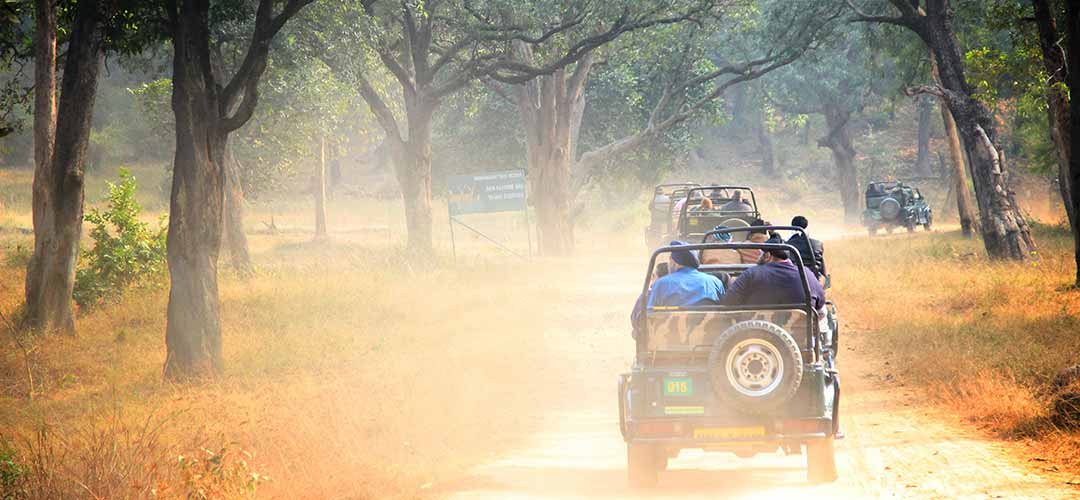
Sariska National Park Alwar Rajasthan
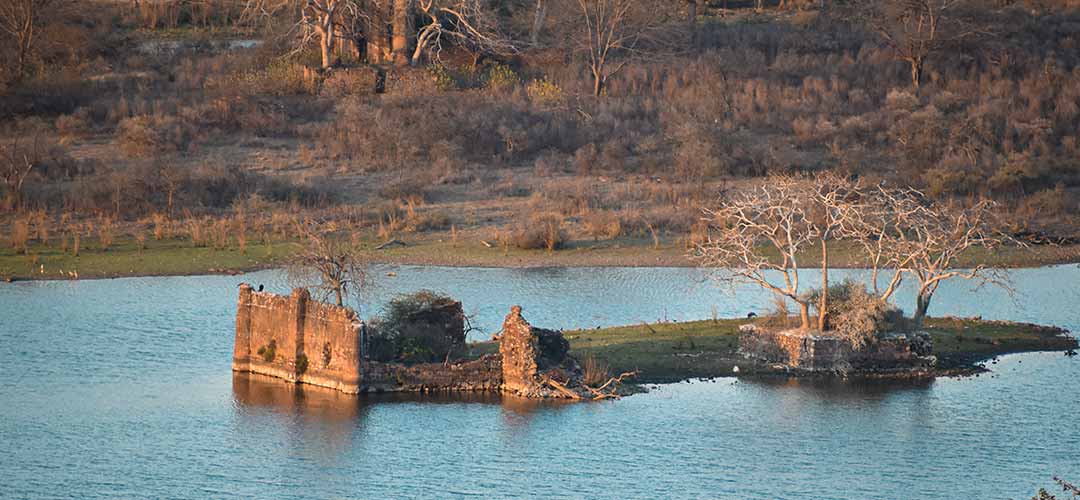
Ranthambore National Park Rajasthan
Desert National Sanctuary
Sprawling over a total area of about 3,162 sq km, this one boasts of being the largest national park in Rajasthan. The sanctuary is situated close to the desert city of Jaisalmer and about one-fifth of the park itself is covered in sand dunes (which explains its name). You’d mostly find those birds and animals here that comfortably reside in dry and arid regions.
Major attractions – Desert Fox, Desert Cat, Bengal Fox, Chinkara, wolf, Blackbuck, White Demoiselle Crane, falcons, Steppe eagles, Houbara Bustard, and Great Indian Bustard (one of the most endangered bird species only found in this park)
How to explore – Jeep safari
The Best time to visit – October – March; December – February (for bird watching)
Mount Abu Sanctuary
It is situated at the famous tourist site of Mount Abu which is the only hill station in the desert land of Rajasthan. The sanctuary is ideally located in the high Aravali mountain ranges. It lies at a varying altitude ranging from 300 m at the starting point to 1722 m as its highest peak. The wide variety of orchids and wild roses adorning the hill slopes is a visual treat.
Major attractions – Leopard, jungle cat, jackal, hyena, Indian fox, porcupine, rare grey jungle fowl
How to explore – Jeep safari
The Best time to visit – March – June, October – February for spotting rare birds
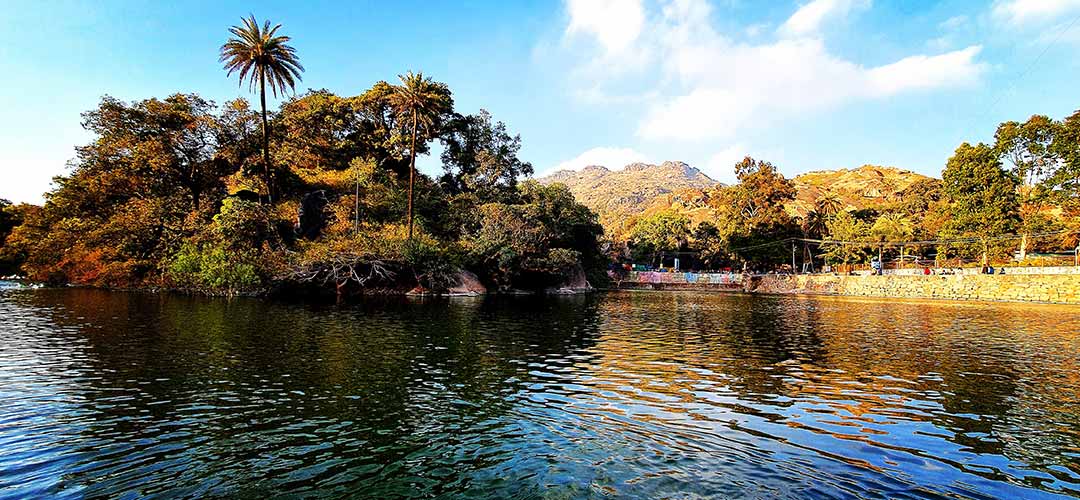
Nakki Lake Mount Abu
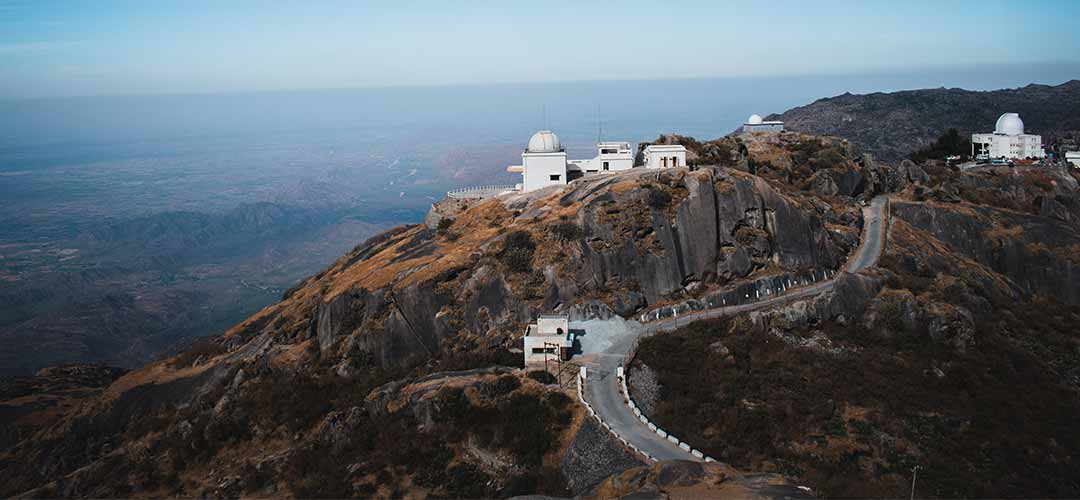
Gurusikhar Mount Abu
In addition to the above, there are other wildlife sanctuaries in Rajasthan which have been declared national parks and tiger reserves in the recent past. These sites are also worth a visit. One of them includes the Mukundra Hills (Darrah) National Park in Rajasthan, which lies near Kota. The best time to visit the park is from February to May. Visit the sanctuary during monsoon season should generally be avoided.
Rajasthan’s extensive flora and fauna need a close-up experience and jungle safaris are perhaps the best option – safe, cost-effective, and thrilling. Worth a try for the adventure seeker. Book one today!
Feel free to use images in our website by simply providing a source link to the page they are taken from.
-- India Enigma
Comments on Top 5 National Parks in Rajasthan
Please keep your views respectful and not include any anchors, promotional content or obscene words in them. Such comments will be definitely removed and your IP be blocked for future purpose.
Recent Posts
Top 7 Places To Visit In Rainy Season In India
29th Sep 2023Top 10 Best Places of Indian Cultural Heritage to Visit
28th Aug 2023Discovering lesser known destinations in India
15th Aug 2023Family Tour to Jaipur
8th Jun 2023Places to Visit in Mysore
17th Jan 2023Desert Festival at Jaisalmer
9th Feb 2022The Most Popular Places in India for Tourists
1st Jan 2022A comprehensive guide to the Rann Utsav
10th Dec 2021Things to do in India
20th Nov 2021What Are The Advantages Of A Group Travel?
3rd Oct 2021How to Travel Smart in India?
13th Sep 2021Adventure activities in Goa
7th Aug 2021Best Places to Visit in Ladakh
23rd Jul 2021Best Time to Visit Kashmir
17th Jun 2021Blog Categories
- Tour and Travel
- Indian Dishes
- Mothers Day Celebration
- Kochi Tourist Places
- Gurgaon Tourist Places
- North India Tourist Places
- Delhi Tourist Places
- Uttarakhand Tourist Places in Winter
- Best Time to Visit Rajasthan
- Jammu and Kashmir Tourist Places
- India Tourist Places in Summer
- Rajasthan Tourist Places
- Rajasthan Festivals
- Hotels in Rishikesh
- Taj Mahal Facts
Blog Tags
- Vegetarian Indian Dishes
- Top 10 Indian Dishes
- Mothers Day Activities
- Mother Day Celebration Date
- Marine Drive Kochi
- Places to Visit in Kochi
- Places to Visit in Gurgaon for Couples
- Places to Visit in Gurgaon
- Tourist Places in North India for Summer
- Places to Visit in North India
- Delhi Sightseeing
- Places to Visit in Delhi
- Places to Visit in Uttarakhand
- Best Time to Visit Uttarakhand
- Places to Visit in Rajasthan

